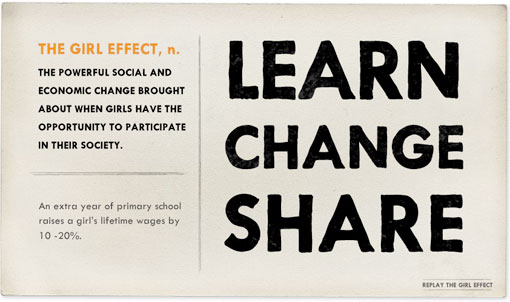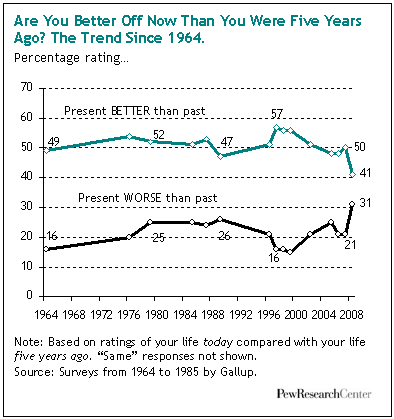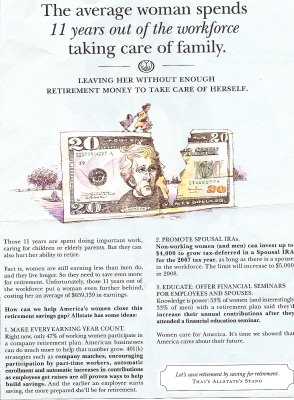In From Motherhood to Citizenship, Nitza Berkovich traces a global shift. Sometime during the 20th century, nation-states became convinced that women could boost national economies and foster development. Accordingly, states began thinking of their women as potential productive workers instead of reproductive mothers. It was this economic argument, not necessarily a feminist one, that led to women’s incorporation into the public sphere as citizens (workers, voters, etc).
I was reminded of Berkovitch’s book by a short video sent in by Fran. The video, produced by a non-profit called Girl Effect*, argues that if you get girls into school and give them cows, the world will be a better place. As Fran puts it: “Apparently, girls are only worth supporting if they improve the economy!” Here is an image from the website:

“Girl Effect” is defined as:
The powerful social and economic change brought about when girls have the opportunity to participate in their society.
The logic is not that girls deserve education or the opportunity to sustain their livelihoods (a feminist argument); the logic is that we should invest in girls because it is good for the world (a global improvement or humanist argument or something). I’m not arguing that the former is better or worse than the latter, only pointing out that it’s interesting that feminist initiatives (helping girls) can be supported with non-feminist logics.
The video:
* As an aside, I always think it’s interesting when and how people choose to use the word “girl” as opposed to “woman.” In this case, I suspect the activists think girls are more sympathetic than women. Kids always pull at the heart purse strings moreso than adults. I suppose this is because we ascribe to children a sort of innocence. That, in itself (though socially constructed), doesn’t seem troublesome… but, if we can give the benefit of the doubt, we can also take it away. I always wonder, for example: When do boys growing up in poverty transition from innocent victims of circumstance to potential criminals? When do their sisters transition to welfare queens? When do we decide to retract our generous offering of benevolence and replace it with malevolence? These are just things I wonder.




